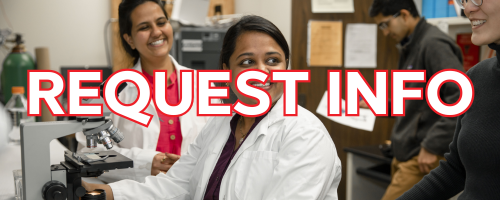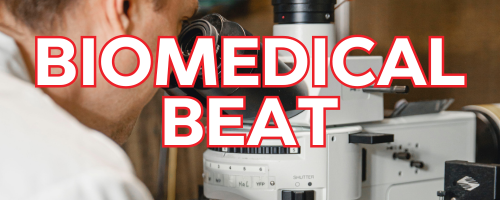Ph.D. Showdown: Pharmaceutical Sciences vs. Biomedical Sciences
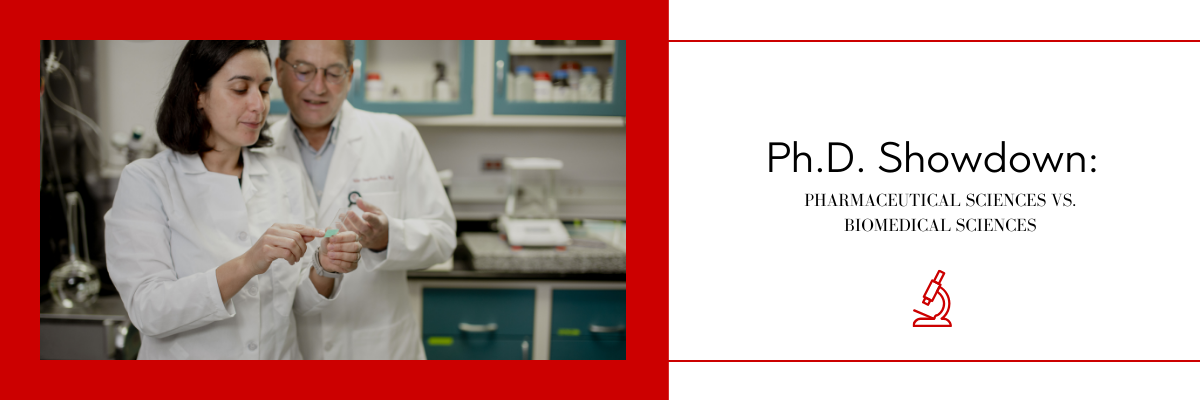
Ph.D. in Pharmaceutical Sciences vs. Biomedical Sciences: Which Path Aligns with Your Research Goals?
By Abraham Al-Ahmad, Ph.D.
Choosing a doctoral program can feel overwhelming — especially when the difference between programs isn’t always obvious. If you’re torn between a Ph.D. in Pharmaceutical Sciences and a Ph.D. in Biomedical Sciences, understanding the core focus of each discipline is key. While both paths involve cutting-edge research and advanced scientific training, the right choice depends on whether your passion lies in developing new drugs or uncovering the fundamental mechanisms of disease. In this guide, Dr. Al-Ahmad breaks down the distinctions to help you make an informed decision.
Deciding which doctoral program to pursue is one of the most important choices you will make in your academic career. While it might be tempting to think that “science is science,” and that all Ph.D. programs will offer similar experiences, understanding the focus of each discipline is crucial for aligning your education with your research interests and career goals.
A helpful starting point is to consider the etymology of the fields. The word pharmacy, along with its related disciplines — pharmaceutics, pharmacology, and pharmacokinetics — originates from the Greek word pharmakon, which intriguingly refers to both “poison” and “remedy.” This duality is famously captured by Paracelsus (1493–1541), who stated: “Alle Ding sind Gift und nichts ohn' Gift; allein die Dosis macht, das ein Ding kein Gift ist.” In English: “Everything is poison, and nothing is not poison. The dose, and only it, makes a thing a poison.” This concept underscores the essence of pharmaceutical sciences: understanding and manipulating chemical compounds to maximize their therapeutic benefit while minimizing potential harm.
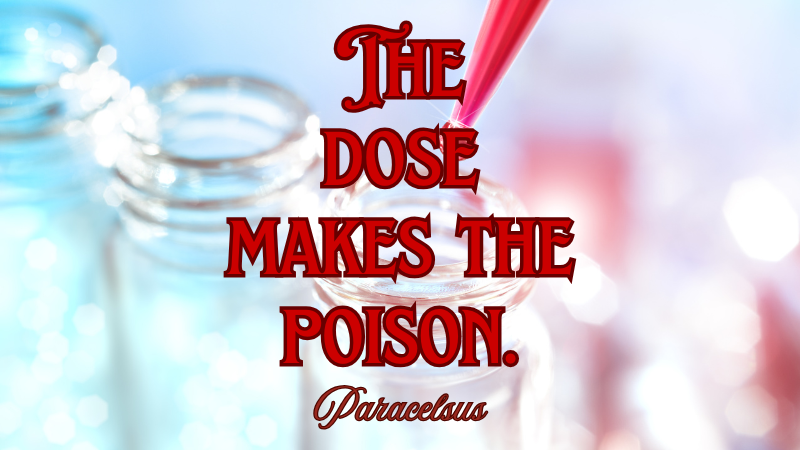
The Graduate Program in Pharmaceutical Sciences (GPPS) provides rigorous training in the entire drug discovery and development pipeline. Students learn how to design potential drug candidates through medicinal chemistry, investigate how drugs interact with the body via pharmacology and study how the body processes drugs through pharmacokinetics. In addition, students are trained in pharmaceutics, which focuses on optimizing drug formulation and delivery for maximum efficacy.
This comprehensive skill set opens diverse career opportunities. Graduates can pursue research and teaching roles in academia, work in the pharmaceutical or biotechnology industries (including internships in industry during the second or third year) or take positions in government and regulatory agencies, such as the National Institutes of Health (NIH) or the U.S. Food and Drug Administration (FDA).
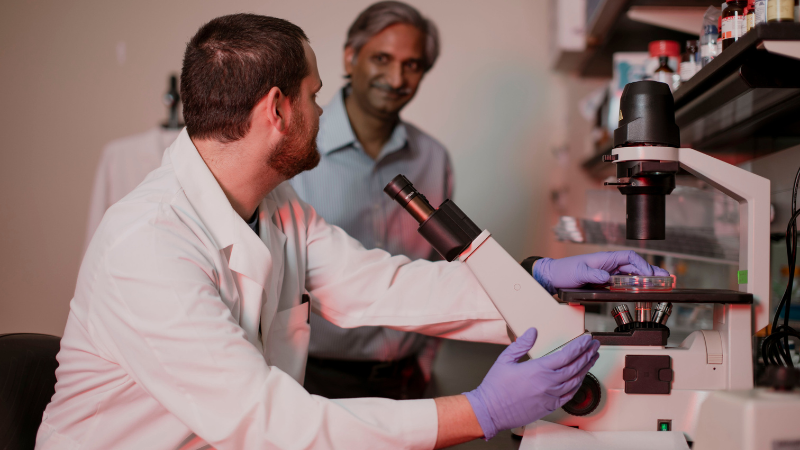
On the other hand, the Ph.D. program in Biomedical Sciences is best suited for students whose primary interest lies in understanding the pathophysiology of diseases. This program allows for deep exploration into areas such as neuroscience, cellular biophysics, immunology or infectious diseases. Students in biomedical sciences aim to unravel fundamental biological mechanisms, which can inform the development of future therapies but may not focus directly on drug design and development.
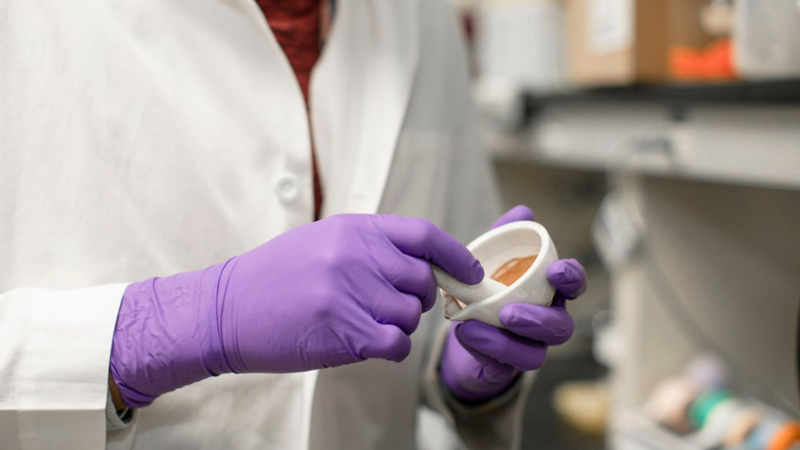
In summary, the choice between a Ph.D. in Pharmaceutical Sciences and Biomedical Sciences comes down to your career focus:
-
Pharmaceutical Sciences: Ideal for students interested in drug discovery, development and optimization across the drug pipeline.
-
Biomedical Sciences: Ideal for students seeking to understand disease mechanisms and contribute to fundamental biomedical research.
Choosing the right program will set the foundation for your doctoral journey and shape
your professional trajectory. Take the time to reflect on your interests and long-term
goals — your future self will thank you.
Dr. Abraham Al-Ahmad is an Associate Professor of Pharmaceutical Sciences and Graduate Program Advisor
at TTUHSC. His research focuses on how disease affects the blood-brain and blood barrier
systems, particularly in the regulation of nutrient and drug transporters and metabolic
processes.

